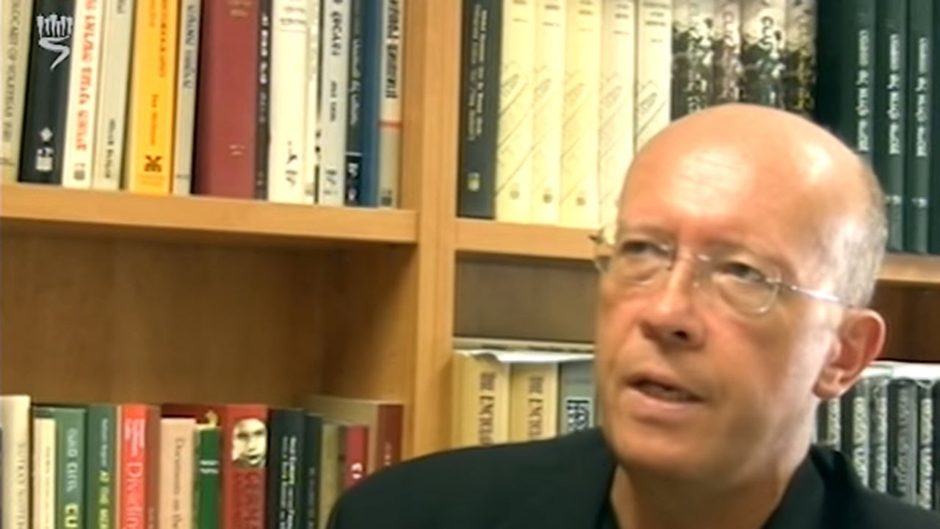
George Orwell, the great British essayist, famously wrote, “Who controls the present, controls the past.”
Orwell’s penetratingly wise credo came to mind after I read a Canadian Press news story, dated June 20, about a ongoing Polish campaign to discredit a respected Canadian academic.
Jan Grabowski, a University of Ottawa historian specializing in the Holocaust in Poland, has come under attack by a non-governmental organization calling itself the Polish League Against Defamation. Its objectives are “to defend the name of Poland and the Polish people against acts of vilification in the international media or historical misrepresentation.”
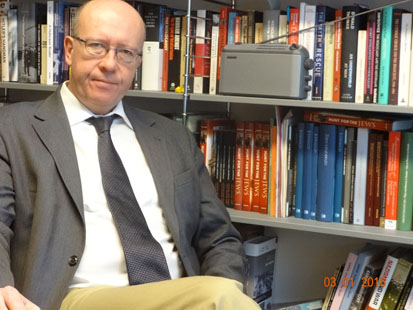
In two letters to the university, signed by more than 100 Polish scholars, it claims Grabowski “falsifies the history of Poland” by stating that Poles were “complicit in the extermination of (Polish) Jews.” It further claims that Grabowski “uses vivid and exaggerated statements to create propagandistic constructions, rather than to provide an honest picture.”
Its founder, Maciej Swirski, a journalist close to Poland’s government, is of the opinion that Grabowski has slandered Poland, which was home to 3.3 million Jews prior to World War II.
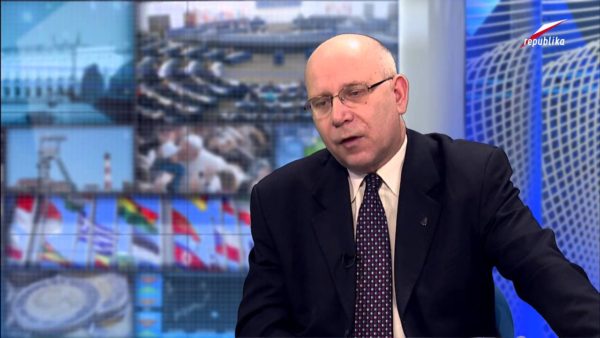
Grabowski is the author of, among other works, Hunt for Jews: Betrayal and Murder in German-Occupied Poland, which in 2014 won the Yad Vashem International Book Prize. It’s a searing and deeply-researched indictment of Poles who collaborated with the Germans in the mass murder of Polish Jews.
Currently, Grabowski is working on a book about the role of the Polish Blue Police in the deaths of Jews during the Holocaust.
Poles of this ilk, he notes, were not coerced into collaborating with Germany, which occupied Poland from 1939 to 1945. “They were realizing their own dream of a Jew-free Poland,” he told the Canadian Press. “At the same time, they were very ardent opponents of the German occupation. Nothing is simple here.”
In Grabowski’s view, the Polish League Against Defamation is attempting to silence him and like-minded historians. “I feel personally attacked, but this is for me a much more dangerous and general problem that has to be dealt with,” he said. “It’s a pure and simple attack on basic academic freedoms, which we take for granted here in Canada. I’m dismayed.”
In response to the campaign against Grabowski, scores of preeminent historians recently sent a letter to the university defending him as a scholar of “impeccable personal and professional integrity.”
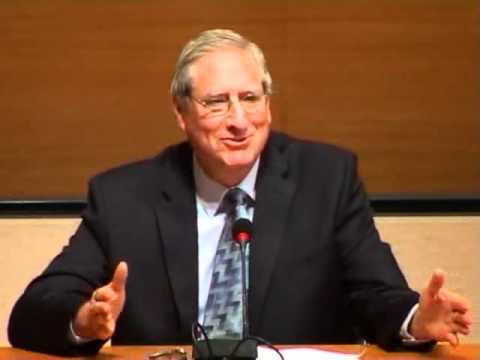
These distinguished historians, whose names run the gamut from Deborah Lipstadt and Christopher Browning to Omer Bartov and Yitzhak Arad, pointed out that the Polish scholars who endorsed the position of the Polish League Against Defamation lack any expertise in Holocaust studies and present “a distorted and whitewashed version of the history of Poland during the Holocaust era.”
They added, “We are confident that your university, which is a bastion of freedom of scholarly inquiry, will give its full support to Professor Grabowski against those who seek to besmirch his reputation and curtail his work, and by extension, ours as well.”
Much to its credit, the University of Ottawa has assured Grabowski of its full backing.
Grabowski believes he’s been targeted by a cabal of right-wing Polish propagandists who cannot come to terms with the painful reality that Poles, far from having been only victims of Nazi aggression, were also perpetrators. “These things are not palatable to Polish nationalists who believe in myths,” he said.
Sadly enough, the current right-wing government in Poland subscribes to and promotes this skewed, feel-good, misleading version of Polish history.
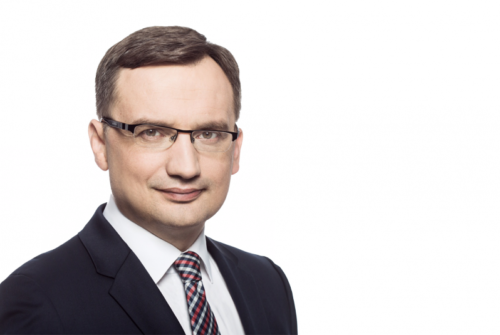
Last year, Minister of Justice Zbigniew Ziobro introduced legislation intended to “defend the good name of the Polish nation.” The legislation, which has been approved by the cabinet, would impose prison terms of up to three years on people who accuse the “Polish nation or the Polish state” of having been complicit in Nazi crimes.
Education Minister Anna Zalewska has insinuated that Poles did not participate in the 1946 pogrom in Kielce, which claimed the lives of 42 Jews and prompted the emigration of tens of thousands of Jews from Poland.
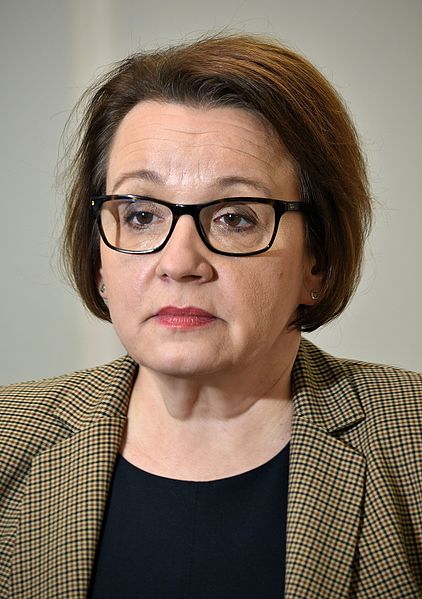
Jaroslaw Szarek, the new director of the Institute of National Remembrance, adopted the same kind of myopia when he denied Polish involvement in the 1941 pogrom in Jedwabne.
Poland suffered terribly during the brutal German occupation, and many Poles laid down their lives in defence of their battered nation. It’s also true that more than 6,000 Poles, having risked life and limb to help Jews during the war, have been honored as Righteous Gentiles by Yad Vashem, the Holocaust memorial and research and education centre in Jerusalem.
At the end of the day, however, Poles must recognize and internalize the darker side of their history. They should not resist the notion that some of their fellow citizens, for whatever reasons, gladly collaborated with the Germans. But their ignoble behavior does not give Poland a right or a mandate to muzzle debate or stifle academic research into these disgraceful episodes.
Poland cannot sanitize its past, no matter how hard it tries, and this is the perfectly valid point that Jan Grabowski has been making.
